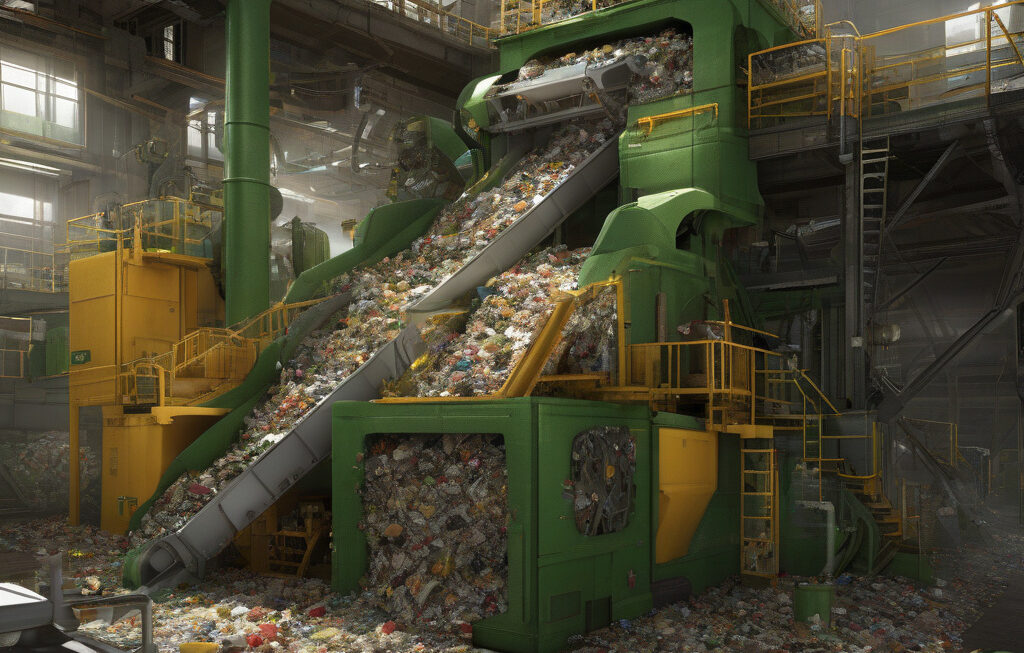Bacteria Unearthed in Italian Soil: A Promising Solution Against PFAS Chemicals
In the realm of environmental science and sustainability, the discovery of innovative solutions to combat harmful chemicals is always a cause for celebration. Recently, a team of dedicated scientists from Italy’s Catholic University of Piacenza has made a groundbreaking revelation that could potentially revolutionize the fight against per- and polyfluoroalkyl substances (PFAS). These insidious chemicals, found in various everyday products like non-stick cookware, firefighting foam, and water-resistant fabrics, have been linked to a myriad of health issues and environmental concerns.
The group of researchers unearthed a newfound group of soil-dwelling bacteria that possess the remarkable ability to break down PFAS compounds. This discovery opens up a promising avenue for remediation strategies to mitigate the impact of these persistent pollutants on our ecosystems and health.
PFAS chemicals, often referred to as “forever chemicals” due to their resistance to breaking down in the environment, present a significant challenge for environmental scientists and policymakers worldwide. The detrimental effects of PFAS on human health, including links to cancer, immune system dysfunction, and developmental issues, have underscored the urgent need for effective remediation technologies.
The breakthrough achieved by the Italian scientists offers a glimmer of hope in the battle against PFAS contamination. By isolating and studying these naturally occurring bacteria from Italian soil, researchers can gain valuable insights into the mechanisms behind PFAS degradation. This knowledge is crucial for developing targeted bioremediation techniques that harness the power of microbial communities to eliminate toxic compounds from contaminated sites.
Bioremediation, a sustainable and eco-friendly approach to cleaning up polluted environments, has gained traction in recent years as a viable alternative to traditional remediation methods. By leveraging the unique metabolic capabilities of microorganisms like the newly discovered PFAS-degrading bacteria, scientists can design tailored solutions that effectively neutralize hazardous chemicals while minimizing environmental impact.
The potential applications of this discovery extend far beyond Italy’s borders, offering global implications for addressing PFAS contamination hotspots around the world. As countries grapple with the legacy of PFAS pollution and seek effective strategies for remediation, the newfound bacteria present a ray of hope for combating this pervasive environmental threat.
Moving forward, further research and collaboration among scientists, environmental agencies, and industry stakeholders will be essential to translate this discovery into practical solutions for PFAS remediation. By investing in innovative technologies and supporting interdisciplinary efforts, we can pave the way for a cleaner, healthier future free from the shadow of PFAS pollution.
In conclusion, the revelation of PFAS-degrading bacteria in Italian soil represents a significant milestone in the ongoing quest for sustainable environmental solutions. As we harness the power of nature to combat human-made pollutants, we take a step closer to preserving our planet for future generations.
#PFAS, #Bioremediation, #EnvironmentalScience, #Sustainability, #ResearchAdvancements












